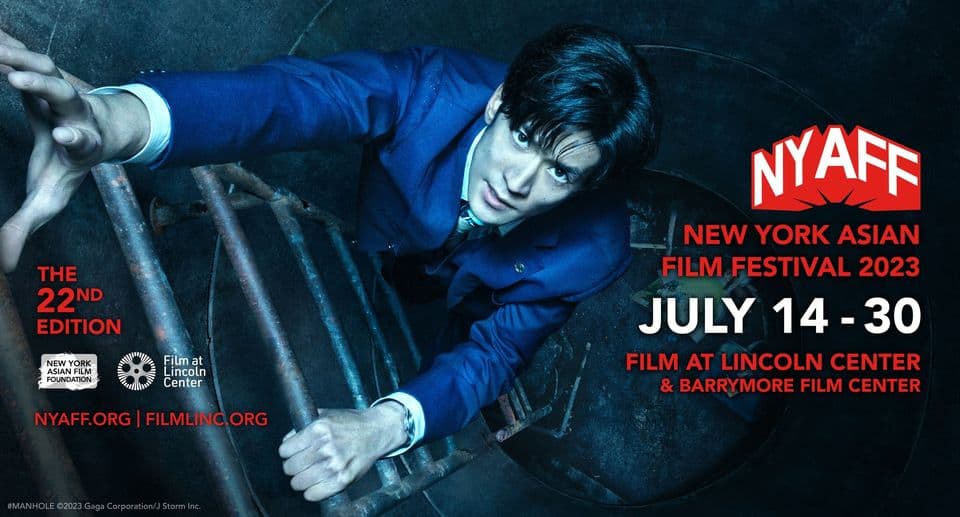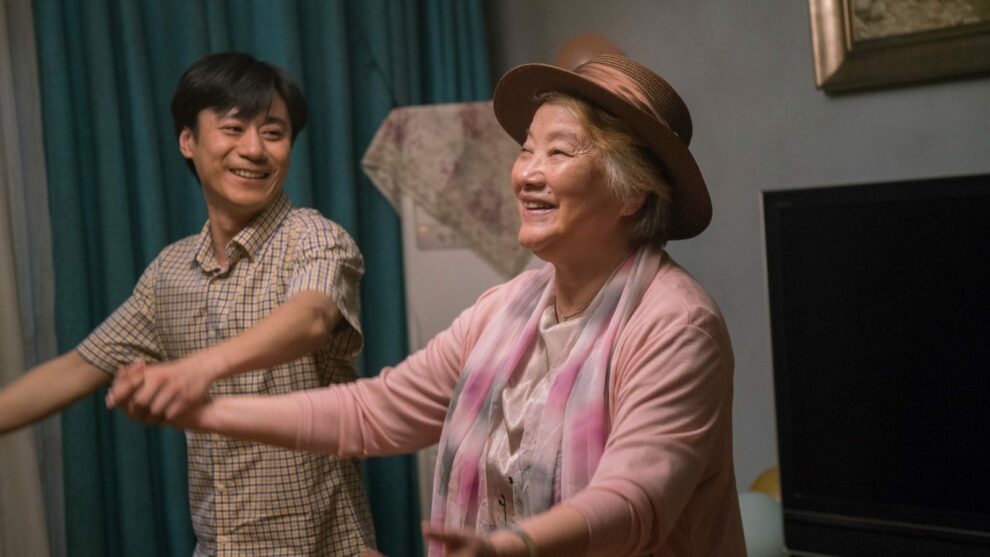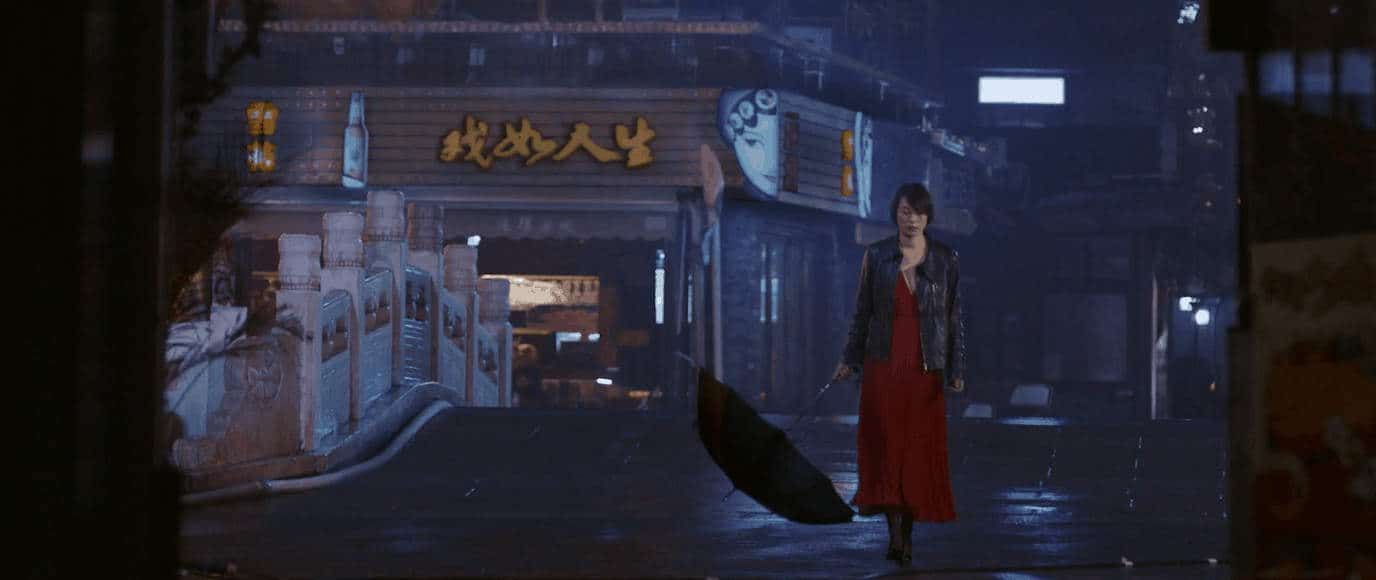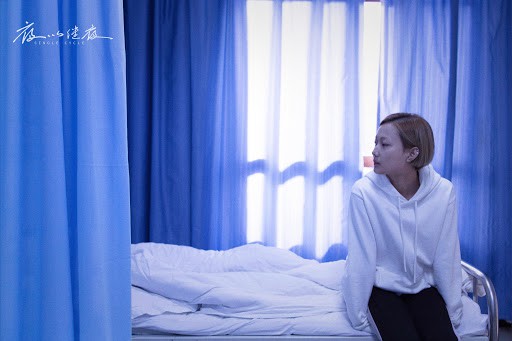Although not a clinical condition, Empty Nest syndrome is a feeling of grief and loneliness parents may feel when their children move out of the family home, such as to live on their own, which does result in negative psychological statuses for parents all over the world. Zhang Wei combines this concept with the growing concern about elderly in China living isolated lives and falling victims to a number of scams and their own loneliness, in order to come up with “Empty Nest”, a movie that is a drama as much as it is a comedy and a crime film.
Empty Nest is screening at New York Asian Film Festival

Based on the novel “The Empty Nest” by Xue Yiwei, the story focuses on Zhao Yimei, an elderly woman who lives alone, nursing the wounds of her husband's betrayal and being estranged from her son, in a series of events that are only presented close to the end of the film. Her isolation and the constant “attack” of door-to-door salesmen, spam phone calls and scammers, have made her distrust everyone around her, to the point that she does not even hang out with her friends in the neighborhood. Enter Lei Xiaoding, a charismatic healthcare product salesman, who, after being turned down again, eventually manages to help Yiwei enough in order for her to allow him into his life. Eventually, their relationship becomes more and more close, with her even buying the products he sells in order to help him make his dreams come true, and him spending a lot of time with her, both assisting and entertaining her. The harmony, however, does not last for long.
Zhang Wei directs a movie that sheds a very thorough light to the lives of the elderly in the Chinese megalopolis, and the reasons their occasional isolation is both a choice and something society has driven them to. One could say that, after a certain age, people need to have their family around them, considering that their care is almost impossible to be completely left on them or to any help the governments can (or cannot provide), with this being one of the central comments of the movie. Zhang, however, uses this concept from the opposite perspective, in order to intensify the drama, and essentially justify how Xiaoding eventually manages to enter Yimei's life.
At that point in the movie, the narrative makes a turn and the interactions of the two protagonists take a more playful, comedic path, as playing games, singing and dancing comes into focus in the most delightful fashion. It is in those sequences that the charisma and the chemistry of the two protagonists truly shines, with Zhu Xijuan as Zhao Yimei and Zhang You as Lei Xiaoding exhibiting both in aplomb. The significance of the rope in the bathroom is also implemented excellently by Zhang throughout the movie, while the way that something is wrong creeps into the story equally artfully, even if some dose of hyperbole and melodrama do appear close to the end. At the same time, and although drama takes over once more after a point, the ending does close the story in an optimistic note, stating that experiencing things, even if they are negative, and even in that age, can present benefits and actually change lives for the better.
Masato Kaneko's cinematography captures the isolation and the suffocation of the apartment with realism, with Zhang, however, giving a sense of motion to a movie that functions much as a stage play, both through Zhang You's ‘performances', and by having the “action” taking place in different rooms. The editing results in an expectedly slow pace, considering the age of the protagonist, but the aforementioned aspect also gives a sense of speed on occasion, while at 84 minutes, the movie is exactly as long as it should be.
“Empty Nest” is an entertaining film, something that is not exactly easy to achieve in movies about the elderly, and one that combines drama with crime and comedy in the most eloquent fashion.















